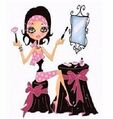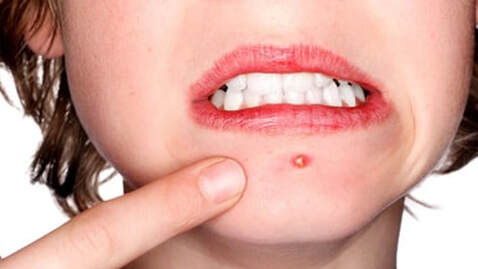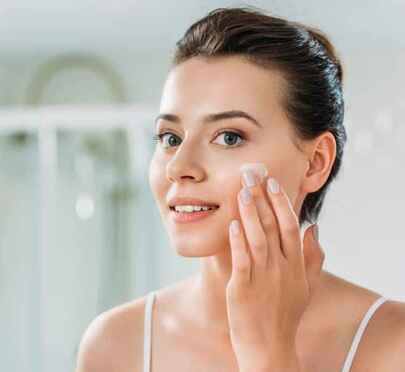- Mattify Cosmetics HOME
- Best Powder for Oily Skin
- Makeup for Oily Skin
- Gel Moisturizer for Oily Skin & Acne
- Skincare for Oily Skin & Acne
- Mattify Mask Bar
- Product Kits & Sets
- How to Stop Oily Skin
- Products for Oily Skin BLOG
- Mattify Q&A
- What Causes Acne & Oily Skin?
- Treatments for Acne & Oily Skin
- Your Acne & Oily Skin Stories
- Products for Oily Skin - ALL
- Mattify Cosmetics HOME
- Best Powder for Oily Skin
- Makeup for Oily Skin
- Gel Moisturizer for Oily Skin & Acne
- Skincare for Oily Skin & Acne
- Mattify Mask Bar
- Product Kits & Sets
- How to Stop Oily Skin
- Products for Oily Skin BLOG
- Mattify Q&A
- What Causes Acne & Oily Skin?
- Treatments for Acne & Oily Skin
- Your Acne & Oily Skin Stories
- Products for Oily Skin - ALL









